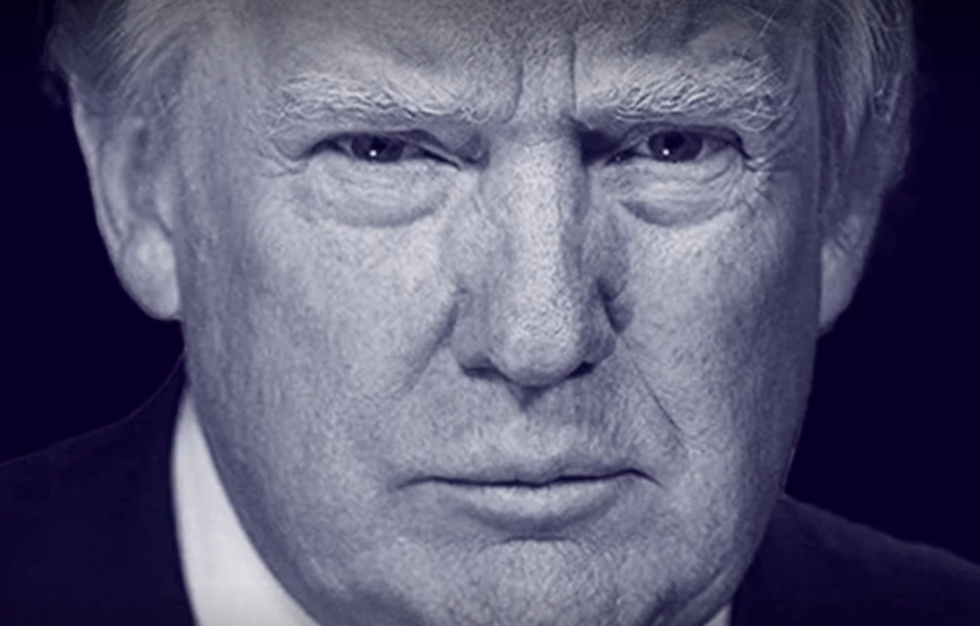Chaos and Correction: West Virginia Governor Retracts Claim of National Guardsman's Death in D.C. Shooting
- Maria F. Gonzalez
- 2 days ago
- 3 min read

Washington, D.C. – November 26, 2025 West Virginia Governor Patrick Morrisey issued a STUNNING RETRACTION Wednesday afternoon, walking back his earlier declaration that a member of the state's National Guard had been killed in a shooting near the White House.
The incident, which left two Guardsmen wounded, highlights the fog of war in real-time crisis reporting and underscores the high stakes of federal deployments amid President Donald Trump's ongoing anti-crime initiative.
Back to life, Back to reality
The drama began around 2:20 p.m. ET when D.C. Metropolitan Police responded to reports of an active shooter at the entrance to the Farragut West Metro station, just blocks from the White House. Initial chaos ensued as witnesses described gunfire echoing through the bustling downtown area, a zone teeming with federal workers, tourists, and—crucially—National Guard troops stationed there as part of Trump's expanded crackdown on urban crime. The president, vacationing at his West Palm Beach golf course in Florida, was briefed on the incident but has yet to issue a formal statement.
Governor Morrisey, a Republican serving in his second term, was among the first officials to confirm the victims' ties to West Virginia. In a somber press release issued shortly after the shooting, he announced that two members of the West Virginia National Guard—volunteers deployed to support Joint Task Force-District of Columbia—had been shot. "It is with great sorrow that we can confirm both members... have passed away from their injuries," Morrisey wrote, adding, "These brave West Virginians lost their lives in the service of their country. Our entire state grieves with their families... and we will demand full accountability for this horrific act."
The statement sent shockwaves through West Virginia and beyond, prompting tributes from state lawmakers, veterans' groups, and even Morrisey's political rivals. U.S. Sen. Shelley Moore Capito (R-W.Va.) called it "a heartbreaking loss," while local media outlets in Charleston and Huntington scrambled to identify the fallen soldiers. For a brief, agonizing hour, the narrative held: two heroes cut down in the line of duty
But by 3:45 p.m. ET, the story cracked open. Morrisey took to social media with an update that stunned observers: "We are receiving conflicting reports about the condition of our two Guard members," the governor posted on X (formerly Twitter). He clarified that while one Guardsman had initially been reported as deceased, new information from D.C. authorities and medical teams suggested the situation was far less dire. "We are in direct contact with our Guard and other officials, and are working to obtain the most accurate information as quickly as possible," he added. "Our prayers are with these brave service members, their families, and the extraordinary men and women of our Guard."
The retraction came amid a flurry of conflicting updates from the scene. D.C. police confirmed one suspect—a man in his 30s described as a "person of interest" with no immediate ties to extremism—was taken into custody after a brief foot chase. Authorities reported the shooter had also been wounded in an exchange of fire with responding officers. Hospitals near the White House, including George Washington University Hospital, activated mass casualty protocols, treating multiple victims with gunshot wounds. As of late afternoon, official tallies stood at two Guardsmen injured but alive, alongside the suspect and a bystander with minor injuries.
The episode exposed the razor-thin margin between tragedy and relief in high-pressure situations. Sources close to the governor's office, speaking on condition of anonymity, attributed the initial error to a cascade of unvetted reports funneled through military channels during the deployment's chain of command. "In the heat of the moment, with emotions running high, accuracy takes a backseat to urgency," one aide said. "The governor's priority was honoring potential sacrifice, but facts matter most."
President Trump's National Guard mobilization, launched in August 2025, has deployed troops from states like West Virginia to patrol high-crime hotspots in D.C. and other cities, authorizing them to conduct law enforcement activities—a move critics decry as militarizing urban areas. Proponents, including Morrisey, hail it as a bold stroke against rising violence. Wednesday's shooting, the first major incident involving deployed Guardsmen, has reignited debates over the policy's risks. "These volunteers signed up to serve, not to become targets," Morrisey said in his corrected statement, vowing a full investigation.
As night fell over the capital, the two unnamed Guardsmen remained under medical care, their conditions listed as stable. Families were en route from West Virginia, and counseling services were activated for the Guard's 4,000-strong ranks. In a city where power and peril often collide, the day's events served as a stark reminder: even in the shadow of the White House, the line between life and loss can blur in an instant—and correcting the record can be as vital as the fight itself.


Comments